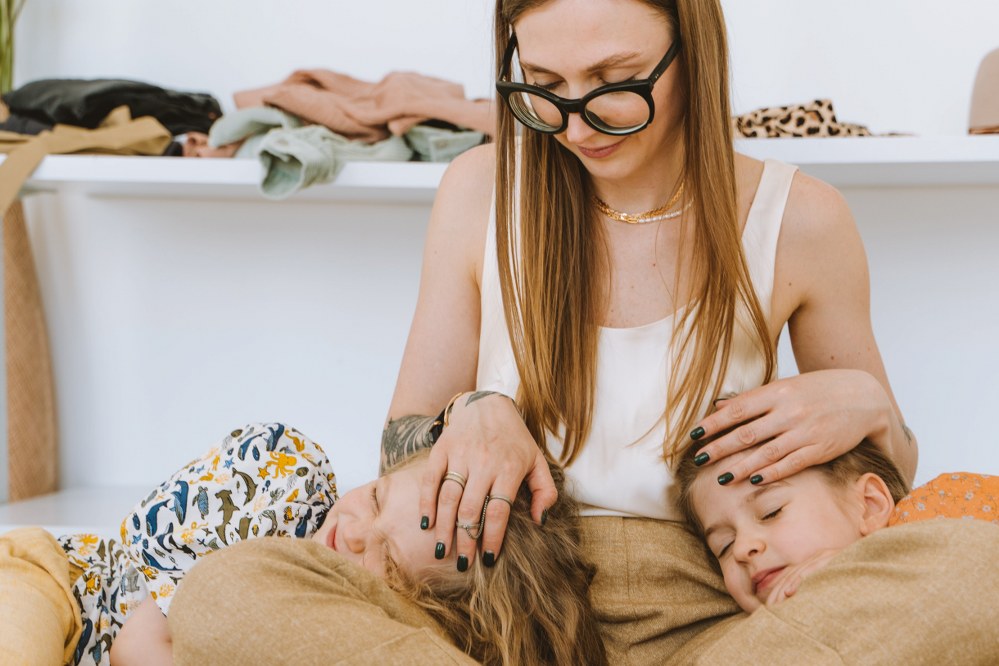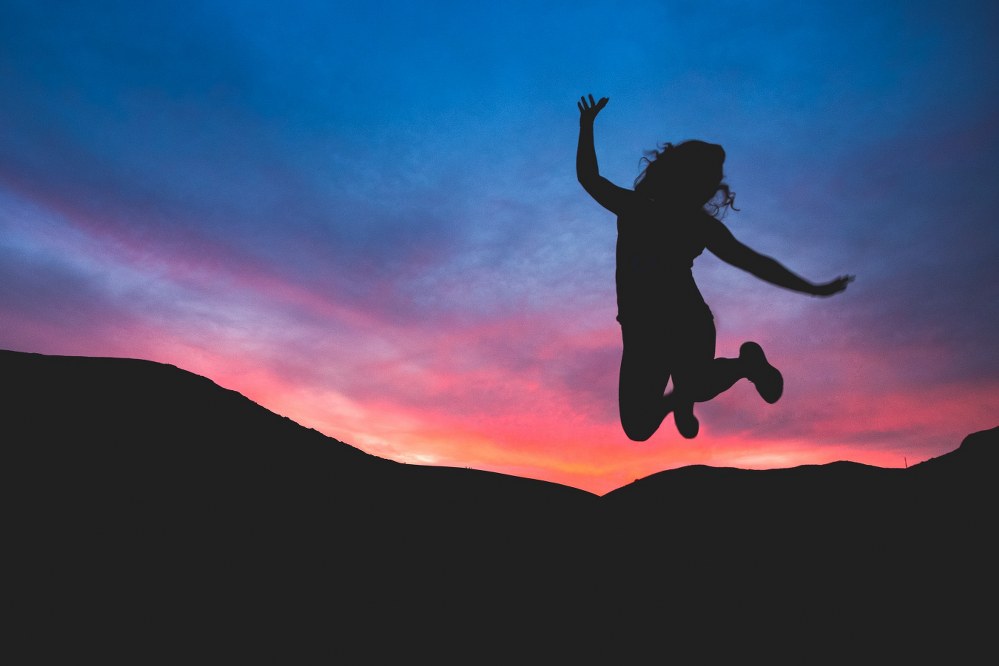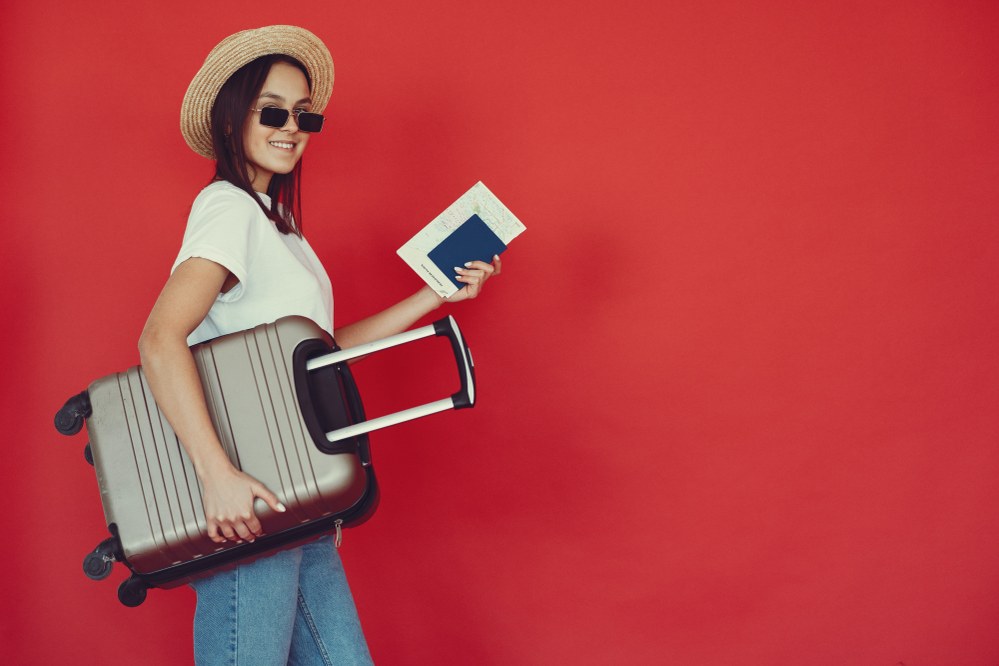Getting sick on holiday is not as unlikely as you might think, especially for children. This phenomenon has been referred to as leisure sickness and is usually caused by high levels of stress and lack of sleep before the actual holiday, as well as considerable changes in climate on arrival. Your method of transport and having to adjust to a different time zone can also contribute to getting sick. After all, stress and lack of sleep affect your immune system. As a result, you get sick, and you start your holiday in bed.
Travelling with kids, especially for single parents who have only one pair of hands, is even more challenging. But it is not just stressful for the parents: Children often struggle to get used to an unfamiliar environment, especially if they are very young or have a neurodiverse condition. The different elements, such as weather, people, and climate, might affect them more than you. So, it’s essential to be even more careful when it comes to stress levels and hygiene when travelling with kids, so that neither of you falls sick on holiday.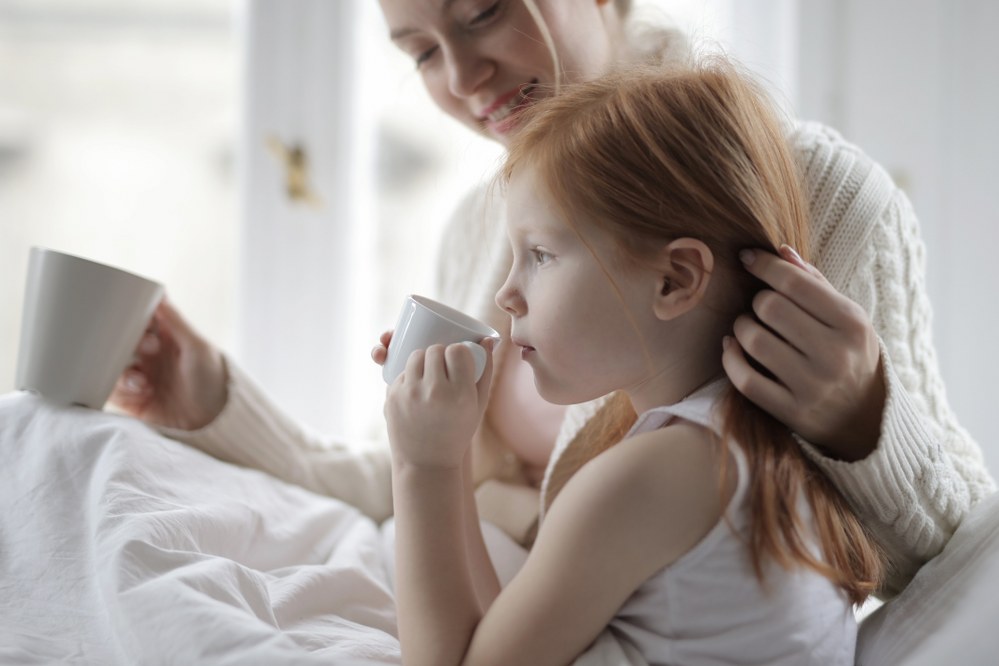
5 tips to ensure your kids don’t get sick on holiday:
Here are our tips for keeping your kids safe and healthy on holiday, so that you can enjoy a stress free and relaxing holiday with your children:
1. Make sure little hands are clean
Kids love to explore everything around them with their hands (and mouths if they are little). Using all of their senses, including touch, is how they learn. It is simply a necessary process of growing up. Yet, not least since the COVID-19 pandemic, we all know that there are ways in which we can control the amount of germs entering our mouths, noses, and eyes. To avoid getting sick from dirty hands, teach your kids regular handwashing. Handwashing must become a habit, so you should try assisting your kids in this process, for example, by making up a special hand washing song. This makes it more fun and ensures that they wash their hands for at least 20 seconds, thus eliminating germs and helping to avoid infections on holiday and at home. Make handwashing a habit:
- before and after meals;
- after using the bathroom;
- after playing with animals;
- after blowing their nose;
- after shopping trips;
- after using any form of public transport.
Naturally, you will not always be near a sink when travelling, so don’t forget to pack a few little hand sanitiser bottles, especially for your outbound and return journey.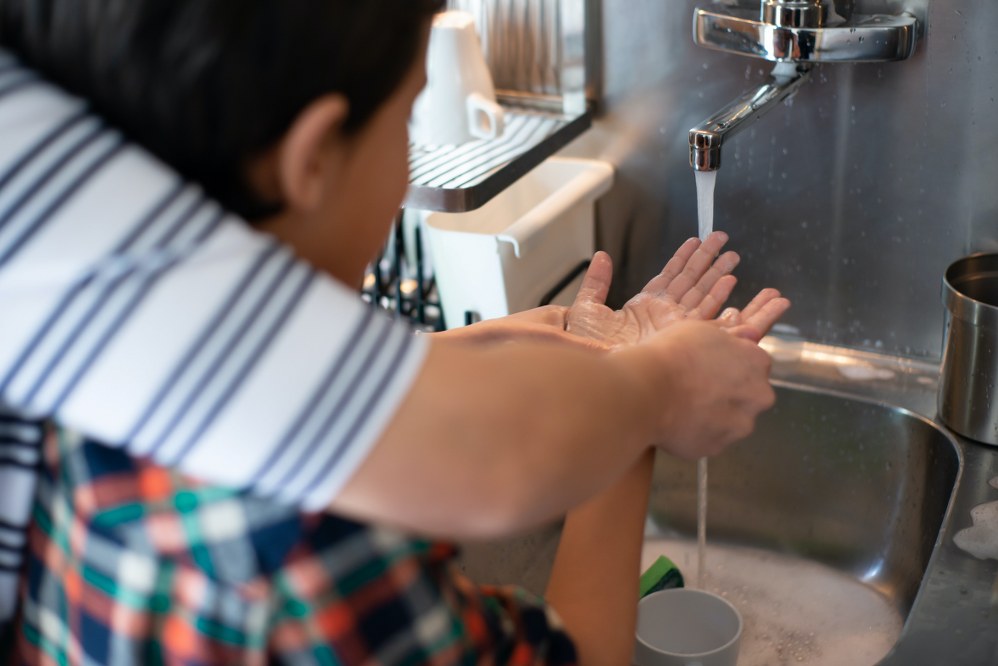
2. Wear face masks
If you are taking a train, coach, or plane to go on holiday, wearing a face mask will protect you, your children, and other travellers from inhaling droplets that carry germs. Surely, if you are going to be crammed into a small space for the duration of your journey, wearing a face mask and asking your children to do the same is no big sacrifice. It also prevents them from touching their noses or mouths with dirty fingers.
Face masks also protect from the dangers of allergens and air pollution. Even if none of your family members suffer from an allergy, know that air pollution can cause new and exacerbate existing allergic reactions. Air pollution is also linked to respiratory diseases in children, so it’s best to err on the safe side and wear a mask, especially when you’re travelling in air-conditioned vehicles or aircraft or if you are travelling to places with high air pollution levels.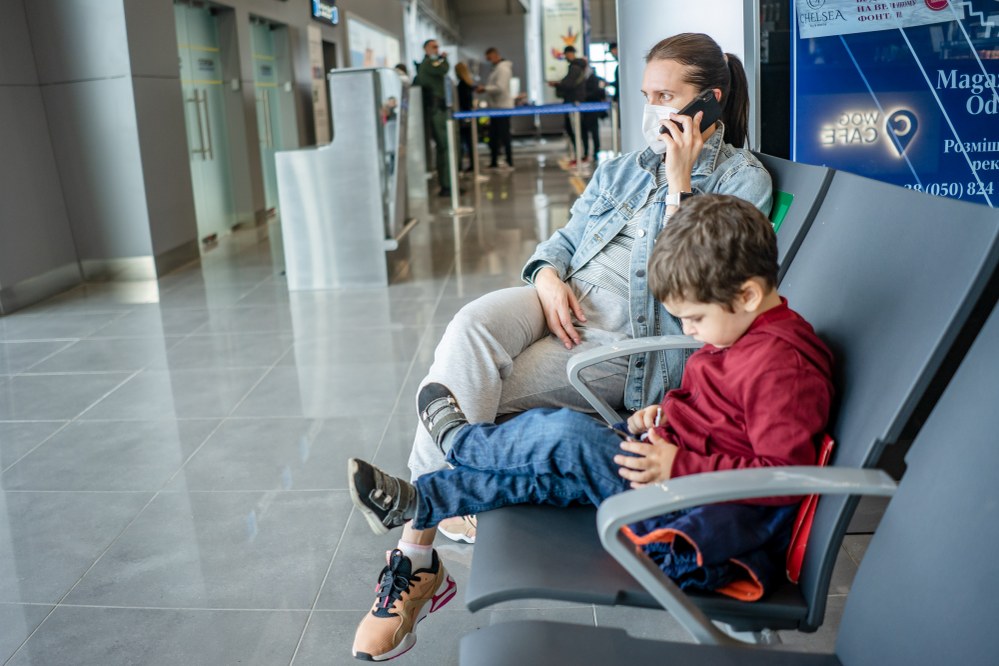
3. Take notes
When you notice that a child behaves differently and you suspect they have caught something on holiday, take notes! Your observations will be crucial when visiting a doctor. Some of your children’s symptoms might appear meaningless at first glance, but every detail counts if you want to ensure that doctors do not misdiagnose your child. According to Medical Negligence Claims Care, it is imperative that you can prove that you provided accurate information regarding your child’s condition should you find yourself in a situation where you are considering suing your doctor for a misdiagnosis or a prescription error. Therefore, pay attention to your child and take notes when they:
- are sneezing or coughing;
- have a low appetite and are drowsy;
- experience a sudden rash on their skin.
On the other hand, you must call an ambulance in the event that your child:
- is unresponsive;
- is crying continuously;
- has difficulties breathing;
- is pale or seems to have blue skin.
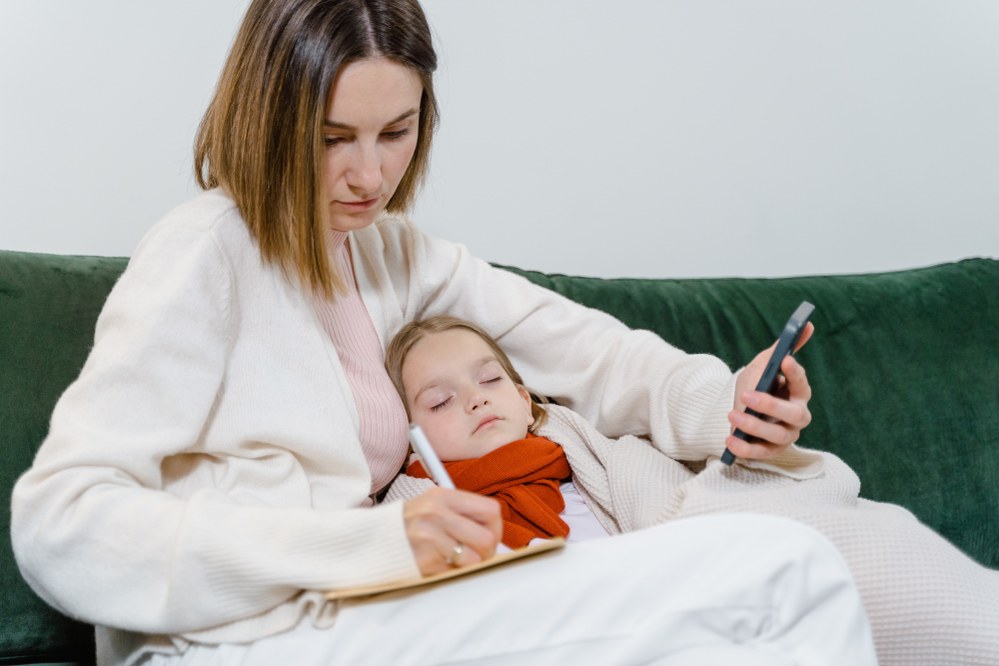
4. Keep the kids hydrated
You may know the importance of staying hydrated, but did you know that drinking enough water regulates your body temperature and prevents infection? It’s also easy to forget that kids may not tell you when they are thirsty. To ensure you and the children do not become dehydrated on holiday, try to:
- carry water bottles wherever you go;
- encourage the kids to eat foods that contain a lot of water, such as cucumber, apples, watermelon, and soup;
- watch out for signs of dehydration, such as headaches, dizziness, fatigue, and less frequent urination or discoloured urine.
In severe dehydration cases, your child will become paler than usual, feel cold, and start being irritable. Dehydration can happen as a result of hot weather, extensive physical activity, and not drinking enough water, so make sure you provide more fluids than usual, especially water, as your kids will likely get hotter and sweat more than usual. As a guideline, between the ages of 4 and 13, children should drink at least five to six cups of water per day to ensure proper hydration.
If you notice that your child is hydrated, it’s best to let them rest, so that they consume less energy and thus less fuel in the form of water. Make sure you increase the amount of water you give incrementally. Finally, try to keep calm and assure them they’ll be fine to avoid them crying, which would cause their little body to lose further energy and water.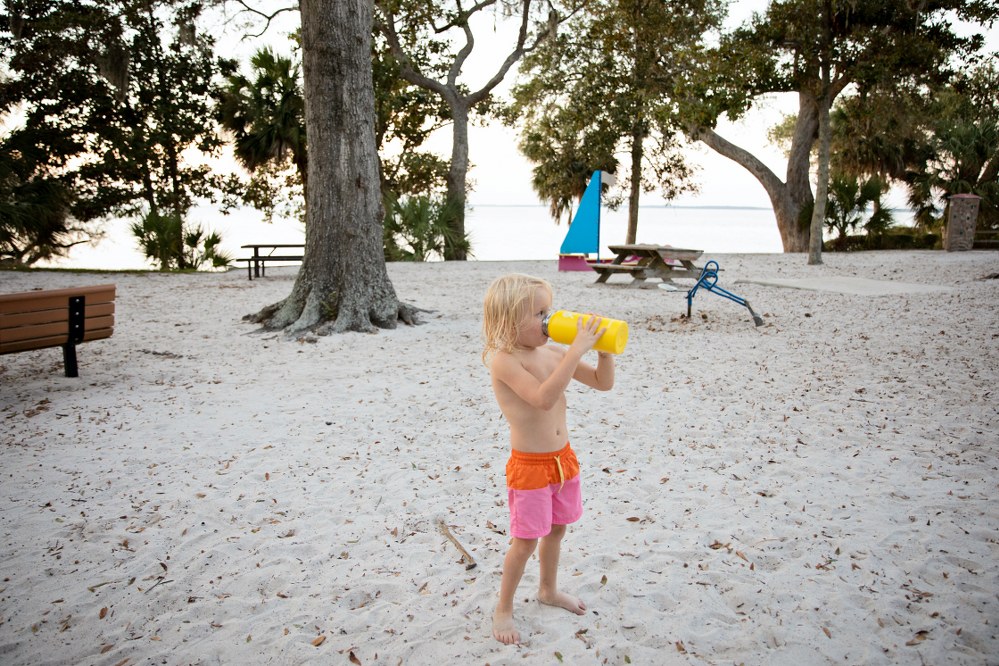
5. Protect the kids from the sun’s harmful rays
We all know that sunburn can lead to serious health issues, including skin cancer, premature ageing, and eye diseases, so it’s important to know how to avoid sunburn on holiday. In fact, research has shown that sun damage is much more serious for children and that second-degree burns are not uncommon because kids’ skin is highly sensitive. Therefore, if you are planning to visit a hotter climate, go to the beach, do water sports, or spend time in the mountains where the sun is stronger and/or less filtered, you must ensure that you and the children are protected by:
- using sunscreen with an SPF 50+ and applying it every two hours;
- having a break at mid-day when the sun is strongest;
- wearing clothes with long sleeves and UPF (ultraviolet protection factor), especially in the pool and sea;
- teaching the kids to never look directly into the sun as this can damage their eyes;
- choosing sunglasses with at least 99% UV protection;
- encouraging the kids to drink plenty of fluids (water is best) as dehydrated skin is more susceptible to burning.
Keep in mind that the ozone layer, which absorbs ultraviolet radiation, has become thinner since your own childhood, meaning the sun’s rays have become more harmful. So, protecting yourself and your children is more important today than ever, even in milder climates. Don’t be fooled by a sea breeze or cool mountain air – you can still get burnt, even if you don’t feel hot.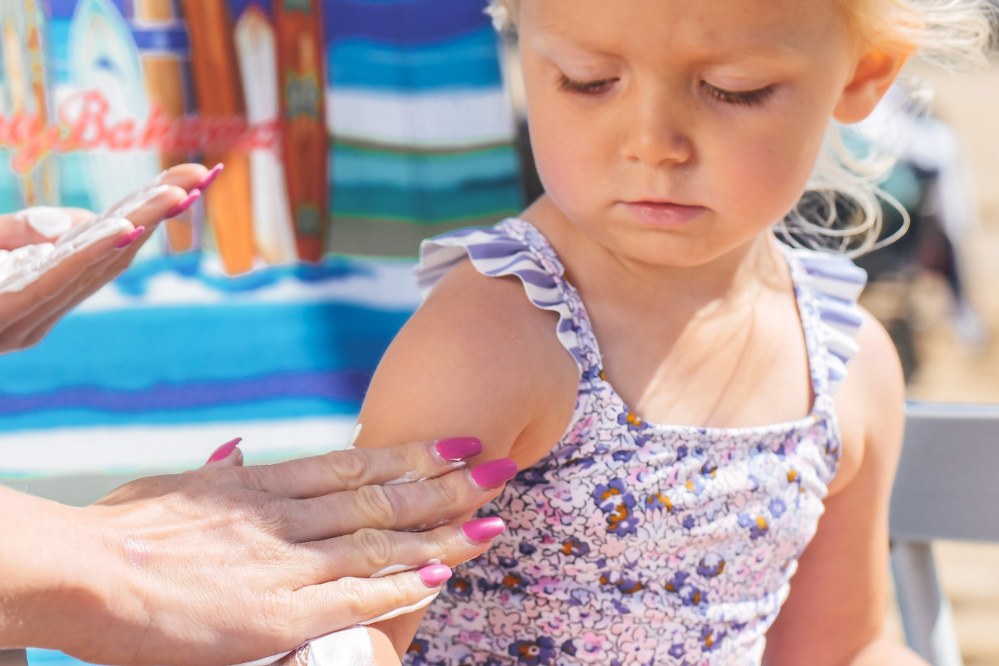
Final thoughts
We know that going on holiday with children can be stressful, and that single parent holidays can be a challenge, but it can be achieved. Sickness can be prevented with our 5 tips to keeping your children safe and healthy on holiday. There are many more things you can do, such as giving your kids vitamins or probiotics to boost their immune system, drinking bottled water, and avoiding certain foods on holiday. Every little helps, but it is important to note that the chances of getting ill in a European resort are relatively slim, and that focusing on your stress levels and hygiene during your travels is key.
About the author:
Single Parents on Holiday is a UK tour operator. We specialise in single parent group holidays. In addition to these family holidays, we also organise a select number of solo holidays and single ski holidays for single parents whose kids are grown up and any other solo travellers looking for adult company on holiday.

